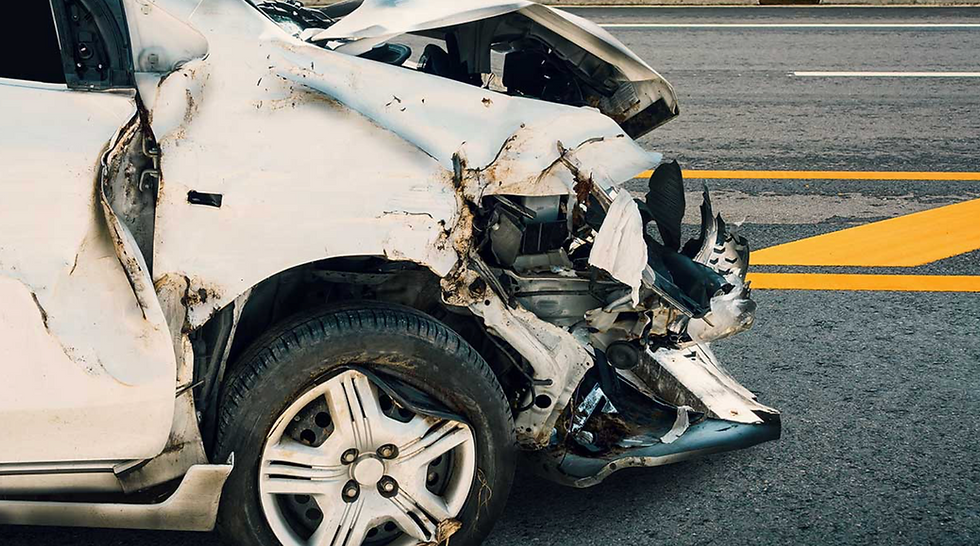Is Fault Automatic in Rear-End Collisions?
- Jason Galdo
- Oct 3, 2025
- 2 min read

Rear-end collisions are some of the most common car accidents in Fort Lauderdale and across South Florida, often happening in traffic, at stoplights, or during sudden braking. Many people assume that the driver in the back is always at fault in these cases. While it’s true that the rear driver is often held responsible, the reality is more nuanced. Fault is not always automatic, and understanding how liability is determined can make a big difference in your claim.
At Stockwell Law, Attorney Marissa Stockwell represents car accident victims throughout Fort Lauderdale, Plantation, Sunrise, Hollywood, and Pompano Beach. She works directly with each client to investigate their case and fight for the compensation they deserve. Here’s what you need to know about fault in rear-end collisions.
Why Rear Drivers Are Often Found at Fault
Traffic laws in Florida require drivers to maintain a safe following distance and stay alert to road conditions. When a driver follows too closely or is distracted, they may not have enough time to stop if the vehicle in front slows down or comes to a complete stop. In these situations, the rear driver is usually presumed at fault.
Common causes of rear-end collisions where the rear driver is responsible include:
Distracted driving (cell phone use, eating, or adjusting controls)
Speeding or aggressive driving
Following too closely (tailgating)
Driving under the influence
Failing to account for weather or traffic conditions
When the Front Driver May Be at Fault
Fault isn’t always automatic, and there are circumstances where the front driver can share or even bear full responsibility. Some examples include:
Sudden or unnecessary braking without cause
Reversing into another vehicle at a stoplight or parking lot
Non-functioning brake lights or other mechanical issues
Erratic or unsafe lane changes that don’t allow the rear driver enough time to react
In these cases, evidence such as witness statements, dashcam footage, or police reports can play a crucial role in determining liability.
Shared Fault in Florida
Florida follows a modified comparative negligence system, which means that multiple parties can share fault in an accident. For example, if the rear driver was following too closely but the front driver’s brake lights weren’t working, both may be assigned a percentage of fault. Any compensation awarded would be reduced based on the percentage of responsibility.
This is why it’s so important to work with an experienced attorney who can carefully review the evidence, speak with experts, and build a strong case to protect your rights.
Why You Need an Attorney After a Rear-End Collision
Insurance companies often try to simplify rear-end collisions by automatically blaming the rear driver. But if you were involved in a crash, you may have more options than you think. Having a knowledgeable attorney ensures that your side of the story is heard and that all contributing factors are considered.
Contact Stockwell Law Today
If you’ve been injured in a rear-end collision in Fort Lauderdale or anywhere in South Florida, don’t assume fault is automatic. Let Marissa Stockwell review your case and explain your legal options. You may be entitled to compensation for medical bills, lost wages, property damage, and pain and suffering.
Call Stockwell Law today for a free consultation and get the dedicated representation you need to move forward.




Comments